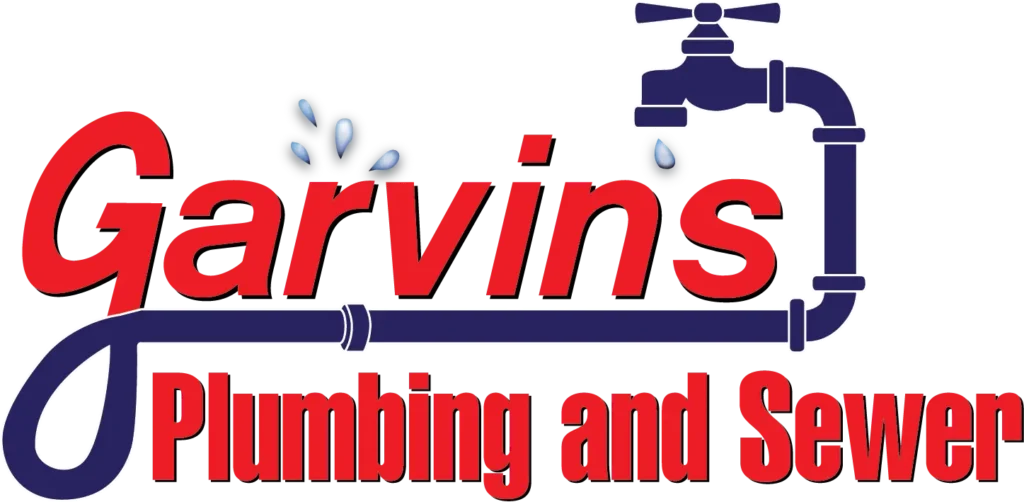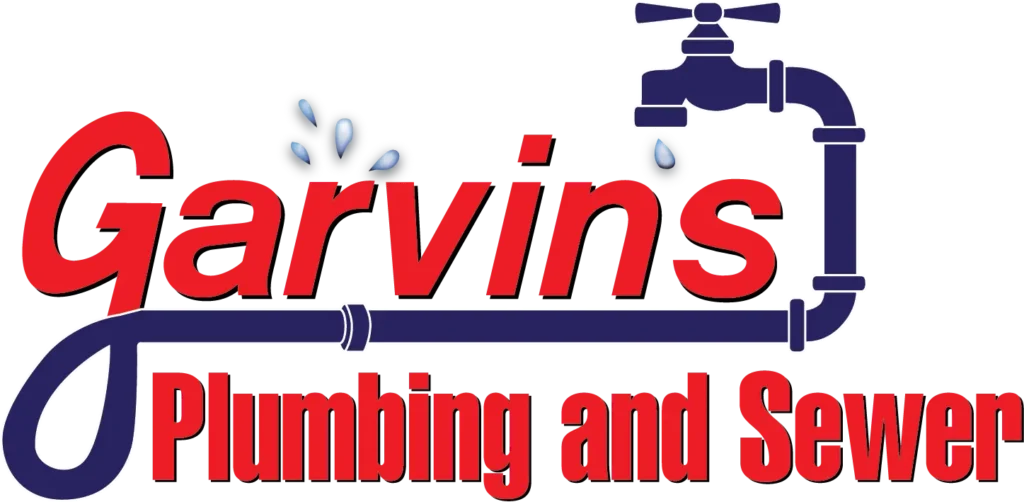
Emergency plumber
Don’t Flush Feminine Products (or Other “Flushables”)
There’s a lot of confusion out there when it comes to what exactly you can flush down the toilet. Take feminine products,…

Flushable
9 Items That Should Never Go Down the Drain
Here at Garvin’s Sewer Service, we get calls from homeowners all the time because they have a clogged drain, and while there…

Common Plumbing Issues
Don’t Have Toilet Paper? Do THIS, not THAT
Well, as the Center for Disease Control is asking people to wash their hands, and stay home if they are showing signs…

Clogged Drain
Why Only Flush Toilet Paper?
Like most women, you have been to a bathroom, whether private or public, and a sign has been prominently displayed in the…

Clogged Drain
Preventing Clogged Drains by Changing Daily Habits
Nobody likes a clogged drain, not only because they can be pretty disgusting to clean out but also because in the wrong…




